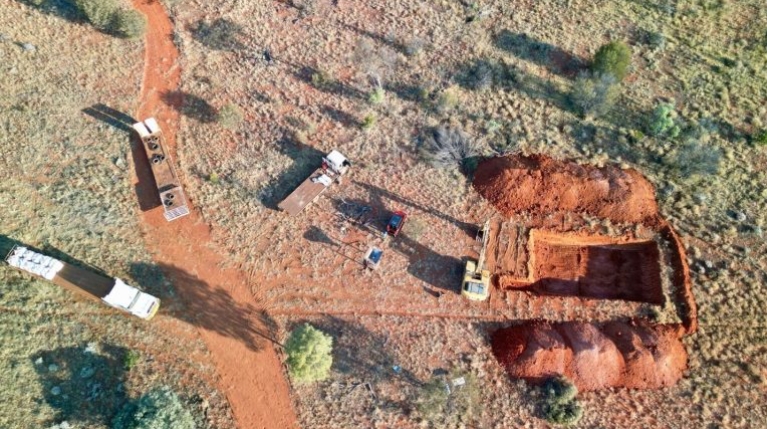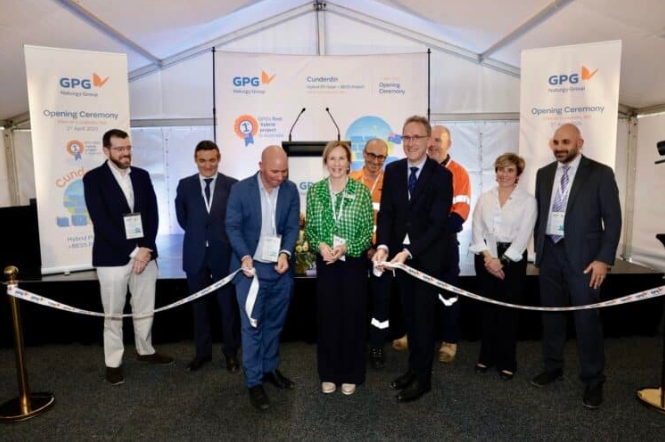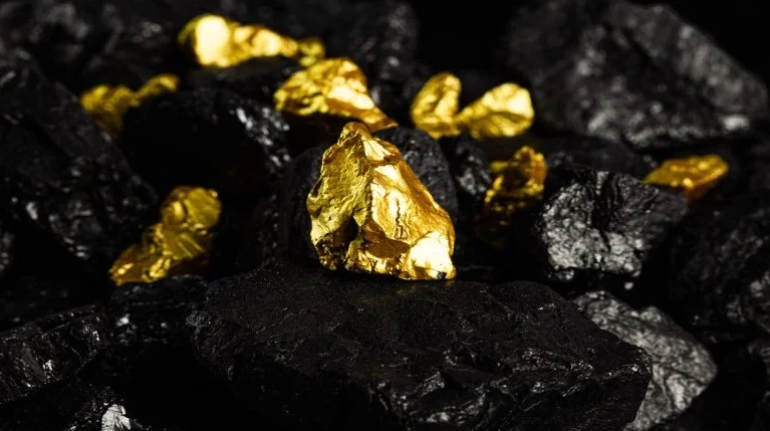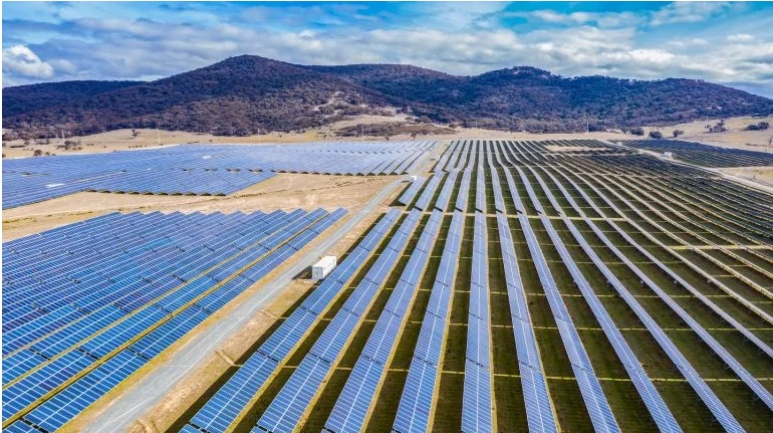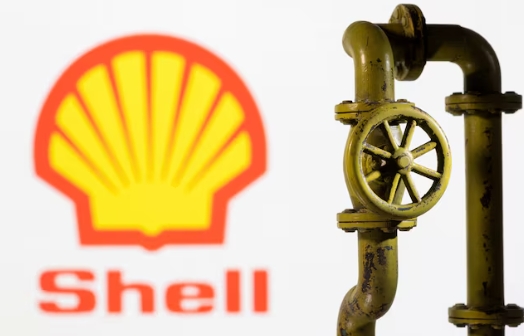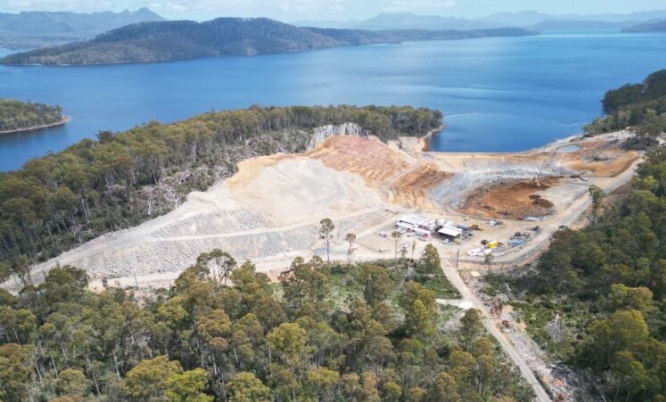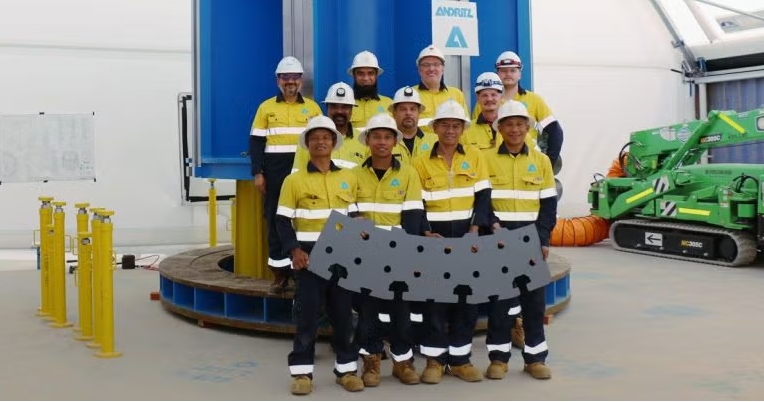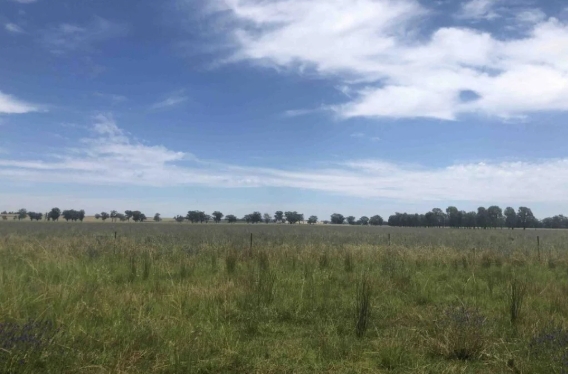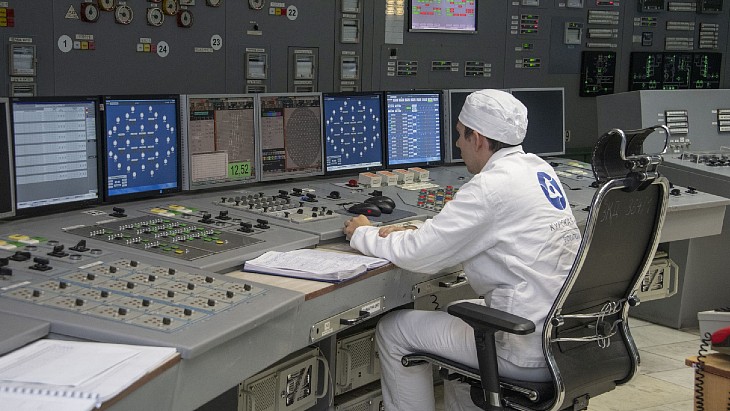
Alexander Uvakin, director of the Kursk plant, said that after removing the fuel from the RBMK-1000 unit they would be proceeding to dismantle the equipment. Kursk 1 retired in December 2021 after 45 years of power generation. During its operation it generated more than 251 billion KWh of electricity.
Andrey Shchigolev, chief engineer of Kursk NPP, said: "The unloading of spent fuel assemblies began in July 2022. The first batch consisted of 300 cassettes. Part of the fuel was sent for 'afterburning' to the reactors of the operating power units 3 and 4 of the Kursk plant. Thanks to 'afterburning', the enterprise has the opportunity to increase the energy efficiency of fuel - to dispose of the resource more efficiently."
The four units at Kursk, which is in western Russia about 60 kilometres (37.5 miles) from the Ukraine border, came online between 1976 and 1985. They are in the process of being replaced by four new units at Kursk II that will feature VVER-TOI reactors, the latest version of Russia's large light-water designs. They have upgraded pressure vessels and a higher power rating of 3300 MWt that enables them to generate 1300 MWe gross.
